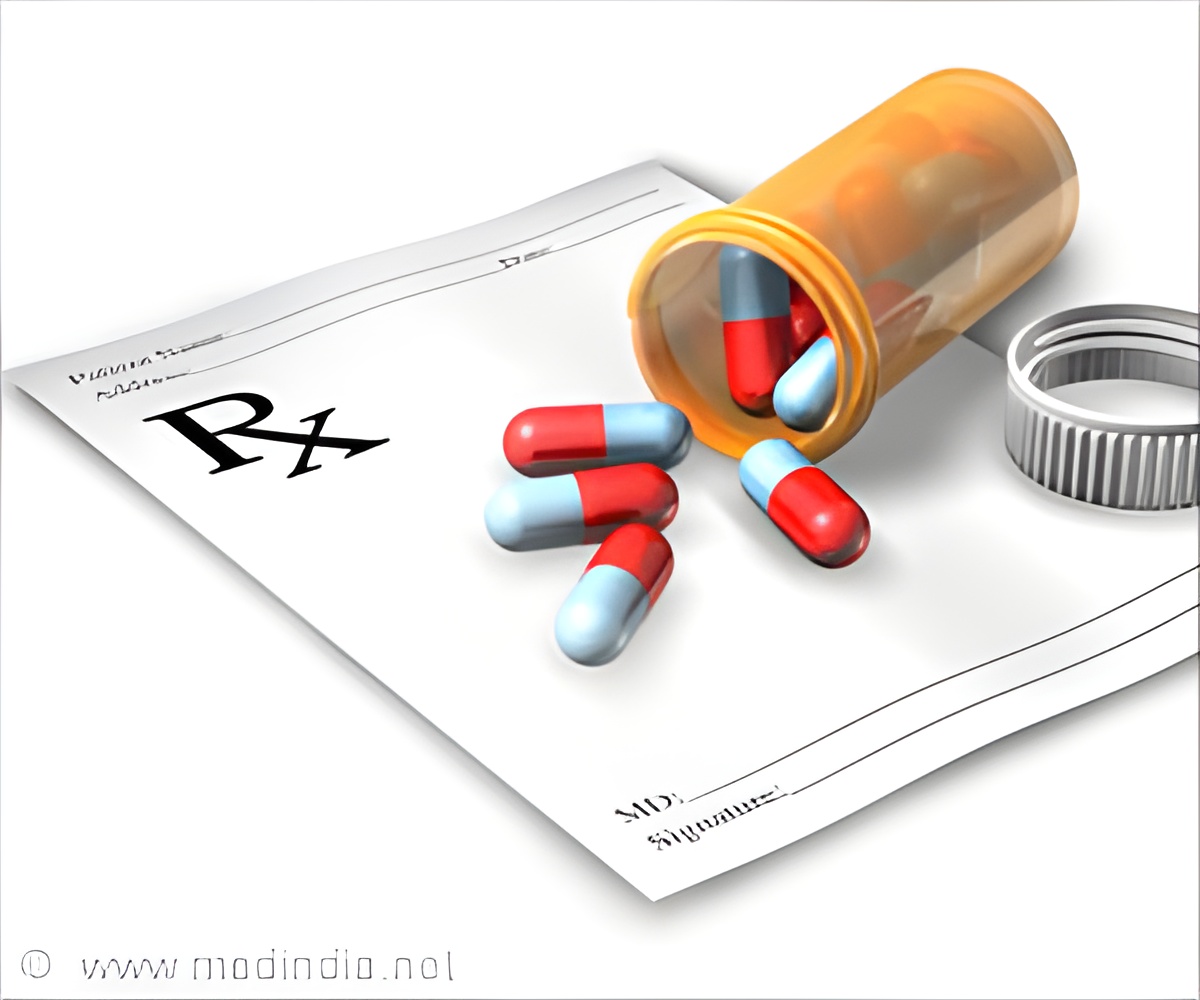Refill synchronization program increased medication adherence by more than 10 percent as the patients were constantly monitored and followed up.

‘Synchronized prescription programs that adjust medication refill dates so that all prescriptions are due for a refill at the same time may be an effective strategy to ensure that no one is missed out.’





"The logistical challenges involved with keeping track of remaining pills and obtaining timely refills and renewals are magnified for patients who need to take multiple medications, and often create an obstacle to medication adherence," said lead author Jalpa A. Doshi, PhD, an associate professor of Medicine at the Perelman School of Medicine at the University of Pennsylvania, and director of Value-Based Insurance Design Initiatives in Penn's Center for Health Incentives and Behavioral Economics. "Based on the results of our study, synchronized prescription programs that adjust medication refill dates so that all prescriptions are due for a refill at the same time may be an effective strategy to reducing these obstacles." Though medication synchronization programs have been widely adopted and are currently available at nearly two dozen pharmacy chains and more than 2,000 independent pharmacies in the United States, to date, there has been a lack of research on the effectiveness of these programs.
In the study, 691 Medicare patients receiving two to six oral medications for high blood pressure, high cholesterol, or diabetes via a mail-order pharmacy, were enrolled in a synchronized refill program in which pharmacists adjusted their prescription schedules so all medications would be eligible for refill on the same day.
Medication adherence was tracked for a period of 12 months before and after enrollment into the synchronized refilled program and compared to a control group of 695 Medicare patients who received "usual care" from their mail-order pharmacy, which included automated reminders about refills but did not synchronize prescription schedules.
On average, patients enrolled in the synchronized refill program increased medication adherence by three to five percent over the control group, an increase in adherence rates comparable to other widely adopted improvement approaches such as value-based insurance designs. Of particular interest, researchers noted that refill synchronization had even larger effects among patients who had the lowest levels of adherence before the intervention. In this group, patients improved adherence by nine to 13 percent over the control group.
Advertisement
Though synchronization targets and removes several of the logistical obstacles related to obtaining a regular medication supply to facilitate medication adherence, researchers note that prescription refill synchronization alone is not able to target other common causes of nonadherence, such as forgetting doses or ambivalence to taking medications. "Nevertheless, prescription synchronization can be combined with other types of interventions, based on a patient's specific adherence challenges to further enhance medication adherence," said Doshi.
Advertisement
Source-Newswise









